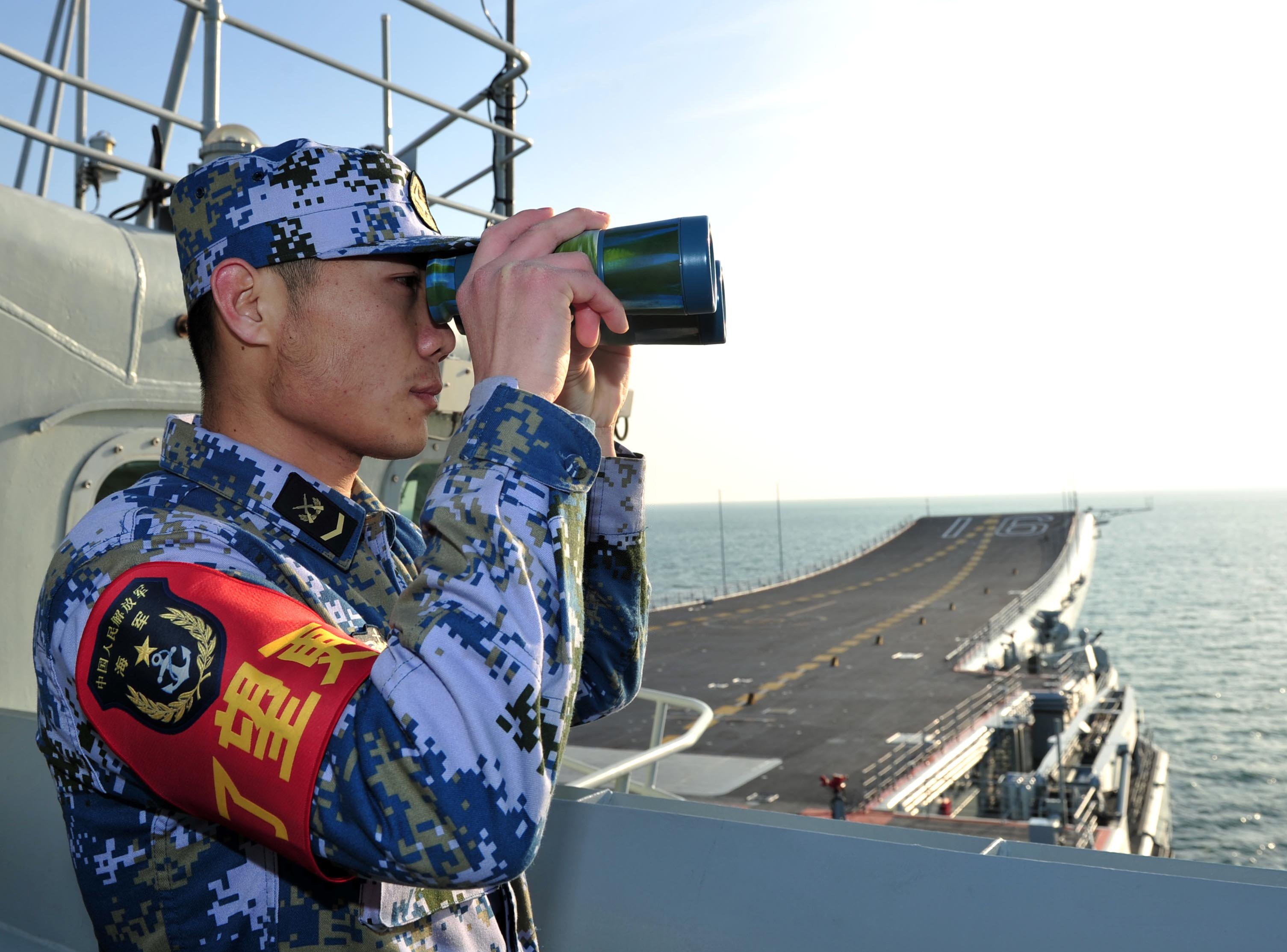
As tensions with the West continue to rise, Beijing will continue to defend its interests economically, diplomatically and militarily if necessary, China’s chief envoy to the U.S. said on Friday.
But since the Korean War, and particularly in the last 40 years of diplomatic relations, the U.S. and China have worked to avoid that kind of conflict, said Cui Tiankai, who has been the longest serving Chinese ambassador to the United States, speaking at the Center for Strategic and International Studies.
And in a time of heightened tensions over trade particularly, Washington and Beijing must make “a real effort to try to understand the other’s perspective,” he said.
Speaking with Cui, former defense secretary William Cohen said, “the trust deficit has been growing recently” as China asserts itself as a regional power, a global economic power and starting to become a worldwide military power.
He called the arming of China artificial islands as an example of Beijing’s expanding military presence. He asked, what are the ambitions; what are the goals of putting military installations, airfields and ports on this claimed territory?
The danger behind such is having the two nations fall into the trap where the existing dominant power [the United States] and the rising one [China] almost inevitably go to war against each other. While Cohen did not see armed conflict on the immediate horizon, he said the two powers “are in a Thucydides trade trap now” and President Donald Trump was right to challenge those policies.
In effect, Chinese President Xi Jinping has created “alternative institutions” to get around post World War II standards of international behavior and practice. The idea is: “We’re big enough to ignore yours [or] comply when we want to.” Later, he added, “rules are being ignored or bent” by the Chinese for their benefit.
“We should try to open a new trail,” rather than fall into armed conflict, said Cui. “What we are carrying out is a good partnership” in creating the One Belt/One Road initiative and investing in infrastructure projects from Asia to Europe, Africa and South America. He agreed “right now trade issues are very prominent” tensions points between China and the United States and need to be addressed.
But he challenged Cohen’s statement that China wants to be the sole leader in robotics, artificial intelligence, driverless cars, aircraft manufacture and other manufacturing areas where the United States has been dominant.
“I think in all these areas we are trying to catch up,” he said.
Cohen said, “I don’t think a poor developing country [a regular Chinese claim] has a $23 trillion economy.” Xi and his predecessors “have a vision and a way to implement it” without requiring legislative approval to expand that economy and Chinese influence globally. This, in part, plus the government’s direct involvement in manufacturing, trade and finance, creates an unlevel playing field for the United States and other Western companies engaged in international commerce. He called this China’s “hidden hand slowing things down behind the scenes.”
“Whether we have a level playing field depends where you stand,” Cui said.
Both agreed that while trade differences are widening and disputes becoming more common, military-to-military relations remain friendly. Steps in this direction include Chinese participation in peacekeeping and anti-piracy maritime patrols in the Red Sea and Indian Oceans and joining the large Rim of the Pacific exercise.
“This is encouraging,” Cui said.
Cohen added, “There’s no competition at the military level yet.”
For the United States, he said the goal should not be to “contain China” but working with other democracies to restrain it. To do that, the United States needed to get its own fiscal house in order — bringing budgets as closely into balance as possible, exercising spending discipline and “once again promoting individual liberties” as a sign of what the nation believes.
Without doing that, China is an attractive model for other nations to follow.
“We’re still living off Eisenhower” for investments in major infrastructure projects like the interstate highway system. “The Chinese are investing … all around the world” in that kind of work.





